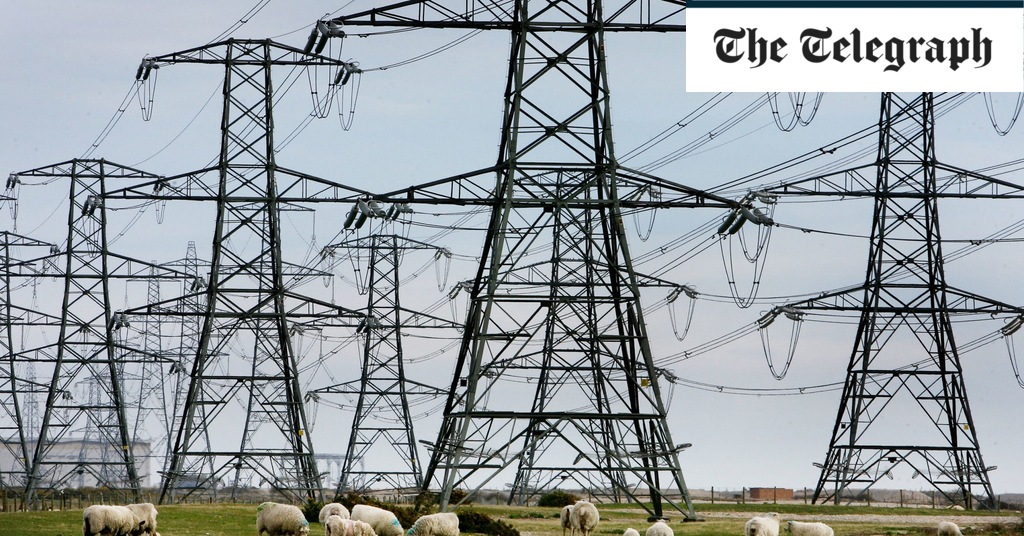Household energy supplier Octopus is seeking to take on the National Grid by building its own electricity pylons, as frustration grows at the pace of the network’s expansion.
Greg Jackson, chief executive of Octopus, said the business has held talks with Ofgem, the industry regulator, about opening up the planning and building of the power grid to competition.
His company argues it can build sections of the high-voltage transmission network – the backbone of the electricity system – more quickly and efficiently than the National Grid, helping to speed up the rollout of clean energy.
The shakeup would end the National Grid’s 30-year monopoly on transmission infrastructure in England and Wales, amid complaints from wind and solar farm developers that the Grid’s slow expansion is leaving them to wait a decade to connect to the system.
Thousands of new pylons must be built across Britain as part of the switch to net zero. Giving up oil and gas will boost demand for electricity, requiring more infrastructure to carry the power to homes and businesses.
…
Octopus has been inspired by Indian energy company Sterlite Power, which has used cutting-edge computer software in India and Brazil to design power grid projects in a way that saves time and money.
It does this by mapping projects to avoid areas where it will be complicated to secure planning permission or where there will be large numbers of potential objectors, which prevents schemes from becoming bogged down by delays and opposition.


